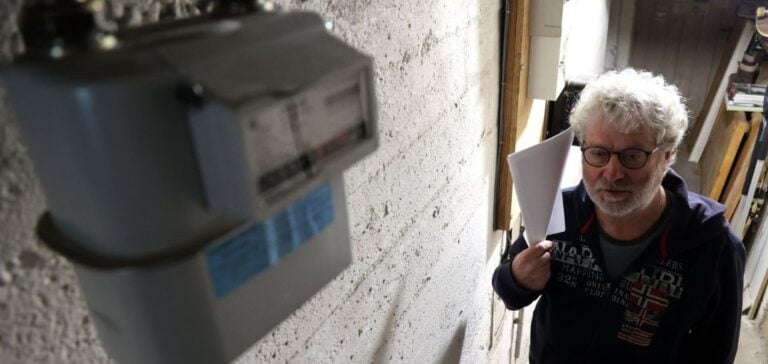The average reference price will reach 129.2 euros per MWh, including tax, compared with 115.7 euros in June, according to the French energy regulator (CRE). For consumers, this means a cost of 13 cents/KWh in July. CRE points out that this increase, while significant, is still 3.5% below the average price in January 2024.
Reasons for the increase
The main reason for this increase lies in CRE ‘s decision to raise the gas transmission tariff for the next four years. This tariff, which represents around a third of the bill, offsets the rising costs of network maintenance in the face of falling consumption. National gas consumption has fallen by 20% between 2021 and 2023, requiring adjustments to maintain infrastructures. This drop in consumption has also been observed across Europe, particularly in the second half of 2022.
Emmanuelle Wargon, Chairman of CRE, explains that the distribution of costs over reduced consumption leads to an increase in the network share. This dynamic is accentuated by the gradual integration of biogas into the grid, requiring additional investment.
Impact on Suppliers and Consumers
EDF, Engie and TotalEnergies have already announced that the increase will be passed on to consumers, mainly for indexed offers. UFC-Que choisir points out that most gas offers are indexed to the reference price published monthly by the CRE. Fixed-price offers may also be adjusted in line with increases in costs other than the price of gas.
The majority of the 10 million residential customers connected to GRDF’s network will see this increase affect their bills. The Médiateur de l’énergie confirms that the average impact will be 11.7%, taking into account recent increases in wholesale gas prices.
Energy context and government measures
This increase comes at a time when the government has decided to phase out support measures introduced during the energy crisis, such as the gas and electricity tariff shield. The fall in prices had mitigated a previous rise in January, caused by the government’s decision to double taxes.
In February, the electricity bill had also risen by 9% due to a tax increase. These decisions are part of the drive to return to a more balanced market situation, despite the fluctuations in energy prices exacerbated by the war in Ukraine.
Consumer advice
Faced with this situation, Emmanuelle Wargon advises consumers to compare available offers to find the best options. The Energy Ombudsman’s online comparator is an invaluable tool for evaluating different suppliers’ proposals.
This rise in gas bills illustrates the continuing challenges in the energy sector, where infrastructure maintenance costs and market fluctuations have a direct impact on consumers. Market players must continue to adapt to ensure a balance between cost and supply.






















